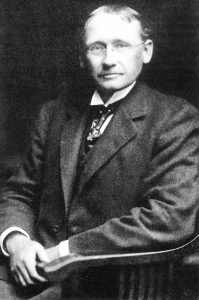Frederick Taylor developed a theory in an effort to establish a science for every job within an organization (Taylorism or Scientific Management). The principles of Taylorism are as follows:
=>> Create a standard method for each job;
=>> Successfully select and hire proper workers;
=>> Effectively train these workers;
=>> Support these workers.

Hertzberg’s Motivation-Hygiene Theory attempts to uncover psychological needs of employees and enhance employee satisfaction. Employers are encouraged to design jobs that enhance and motivate employees beyond simply meeting a daily or weekly quota. This theory highlights the importance of rewards systems and monitoring when and how employees are rewarded.
Edwin Locke’s Goal Setting Theory mainly focuses on the motivational properties of task goals (Schermerhorn). Task goals can be highly motivating when set and managed properly. One of the problems with a goal setting theory in job design is that individuals are more strongly motivated by establishing or setting their own personal goals. If organizations set these goals for their employees, then the effectiveness of this technique is diminished.
Source: lumenlearning.com

 Follow
Follow